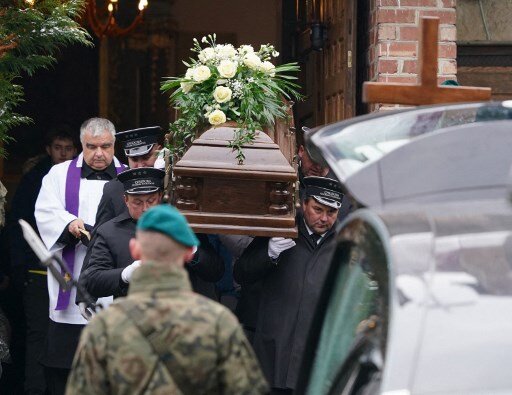On 15 November 2022, when world leaders were gathered at the G20 Summit in Indonesia’s Bali, an incident raised fears of a major escalation in the ongoing Russia-Ukraine war. A missile struck the Przewodow village in Poland, killing two people. Initial reports suggested that it was a Russian missile though no official confirmation was made. Poland, which borders Ukraine, is a NATO member. This was the first time that a missile struck a NATO nation since Russia invaded Ukraine in February 2022. The strike sparked fears of a direct confrontation between the military alliance led by the US and Russia. NATO has maintained that it’s not a party to the Ukraine war as “its territory’s not under attack.” Shortly after the incident, Ukrainian president Volodymyr Zelenskyy, while virtually addressing the G20, blamed Russia for the strike and called for action against the country. “The longer Russia feels impunity, the more threats there will be to anyone within reach of Russian missiles. To fire missiles at NATO territory! This is a Russian missile attack on collective security! This is a very significant escalation. We must act,” he said. However, NATO nations showed restraint. In his initial remark on the incident, US president Joe Biden said, “it was unlikely that the missile was fired from Russia.” Polish president Andrzej Duda also said that there was “no evidence of who fired the missile.” Russia denied allegations that it was behind the strike. Within 24 hours, the US and its allies concluded that the missile “was likely fired by the Ukrainian defence forces at an incoming Russian missile.” In a rare praise, Russia hailed US’ initial response as “measured.” A day later, top US general Mark Milley said there is a low probability Ukraine would “kick” Russia entirely out of its territory. Notably, Milley also touted a political solution. “If there’s a slowdown in the actual, tactical fighting, if that happens, then that may become a window - possibly, it may not - for a political solution, or at least the beginnings of talks to initiate a political solution,” he added. However, little action has been taken to initiate a serious dialogue since the strike that threatened to ignite a wider conflict. Article 5 of NATO says that an attack on one ally is an attack on all allies. However, in this case, Poland and NATO discussed the activation of Article 4 which “officially calls for consultation over military matters.” Article 4 is generally considered a precursor to major NATO operations. That the Ukraine war risks destabilising Europe and beyond has been witnessed before in the Caucasus. Also read: Russia-Ukraine conflict: Europe will be on the wrong side of history if it chooses not to mediate On 12 September 2022, clashes erupted between arch-rivals Armenia and Azerbaijan, claiming nearly 300 lives. The two former Soviet nations and neighbours fought a bloody war in 2020, which came to an end with a Russia-brokered ceasefire. As part of the deal, Russia sent its peacekeepers to the disputed Nagorno-Karabakh enclave where the fighting took place. Several reports said that the most recent clashes were triggered by Azerbaijan. Notably, the Azeri offensive coincided with a Russian troop drawdown in Karabakh as Moscow diverted its forces to repress a Ukrainian counter-offensive. The Poland missile strike comes as a reminder that there will always be fears of a larger conflict if the Ukraine war continues. Prolonged fighting will also mean more deaths on both sides. Read all the Latest News , Trending News , Cricket News , Bollywood News , India News and Entertainment News here. Follow us on Facebook, Twitter and Instagram.
The Poland missile strike comes as a reminder that there will always be fears of a larger conflict if the Ukraine war continues. Prolonged fighting will also mean more deaths on both sides
Advertisement
End of Article
Written by Annu Kaushik
Annu Kaushik is a Senior Sub Editor at Firstpost. She writes about international affairs and history. You can find her on Twitter @AnnuKaushik253 see more


)

)
)
)
)
)
)
)
)



